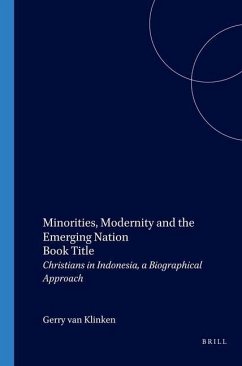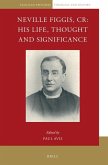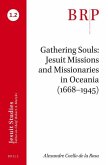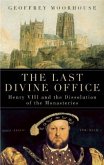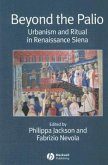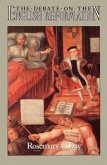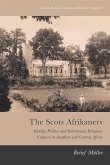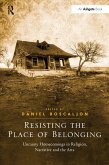This book examines the development of Indonesian nationalism from the viewpoint of a minority: the urban Christian elite. Placed between the Indonesian nationalist promise of freedom and the (equally Christian) Dutch colonial promise of modernity, their experience of late colonialism was filled with dilemma and ambiguity. Rather than describe dry institutions, this study traces the lives of five politically active Indonesian Christians, both Catholic and Protestant, spanning the late colonial, Japanese occupation and early independence periods: Amir Sjarifoeddin, Bishop Soegijapranata, Kasimo, Moelia and Ratu Langie. For most of them the main problem was not so much the protest against colonialism, but the transition to more modern forms of political community. Their status as a religious minority, and as urban middle class 'migrants' out of their traditional communities, made them more aware that achieving moral consensus was problematic.
Hinweis: Dieser Artikel kann nur an eine deutsche Lieferadresse ausgeliefert werden.
Hinweis: Dieser Artikel kann nur an eine deutsche Lieferadresse ausgeliefert werden.

